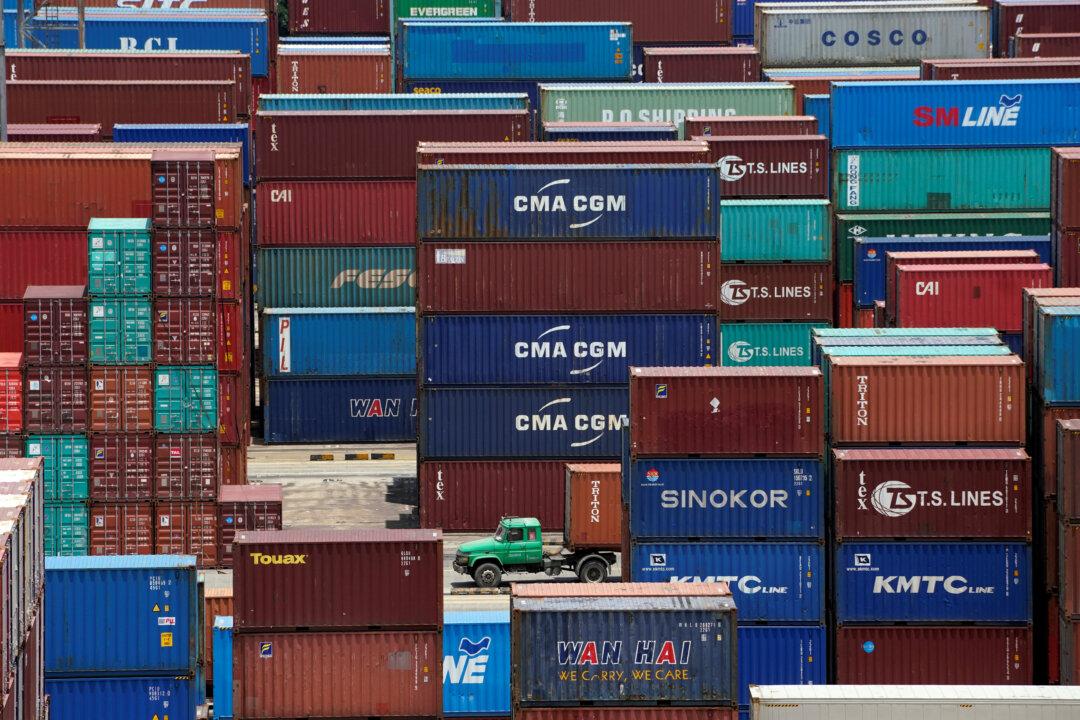WASHINGTON–President Donald Trump has directed aides to proceed with tariffs on about another $200 billion of Chinese goods, despite Treasury Secretary Steven Mnuchin’s attempts to restart trade talks with China, a source familiar with the matter said on Sept. 14.
The timing for activating the additional tariffs was unclear.





